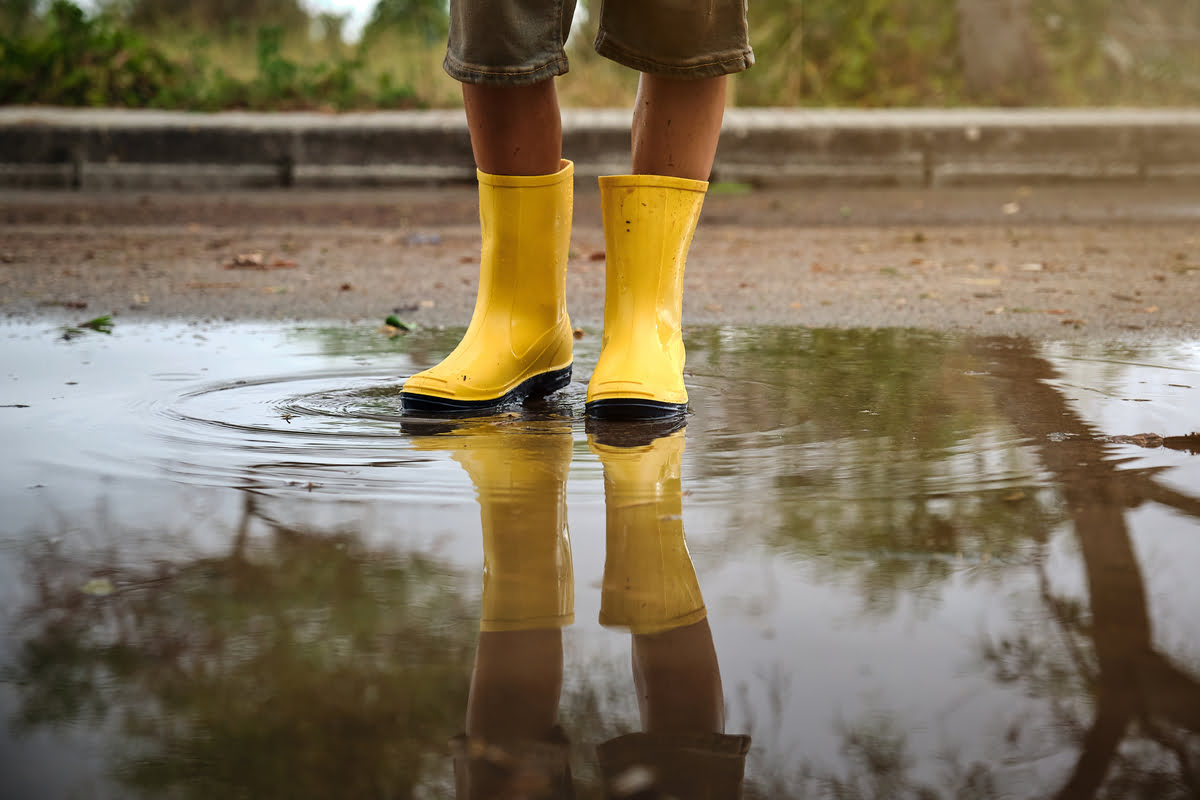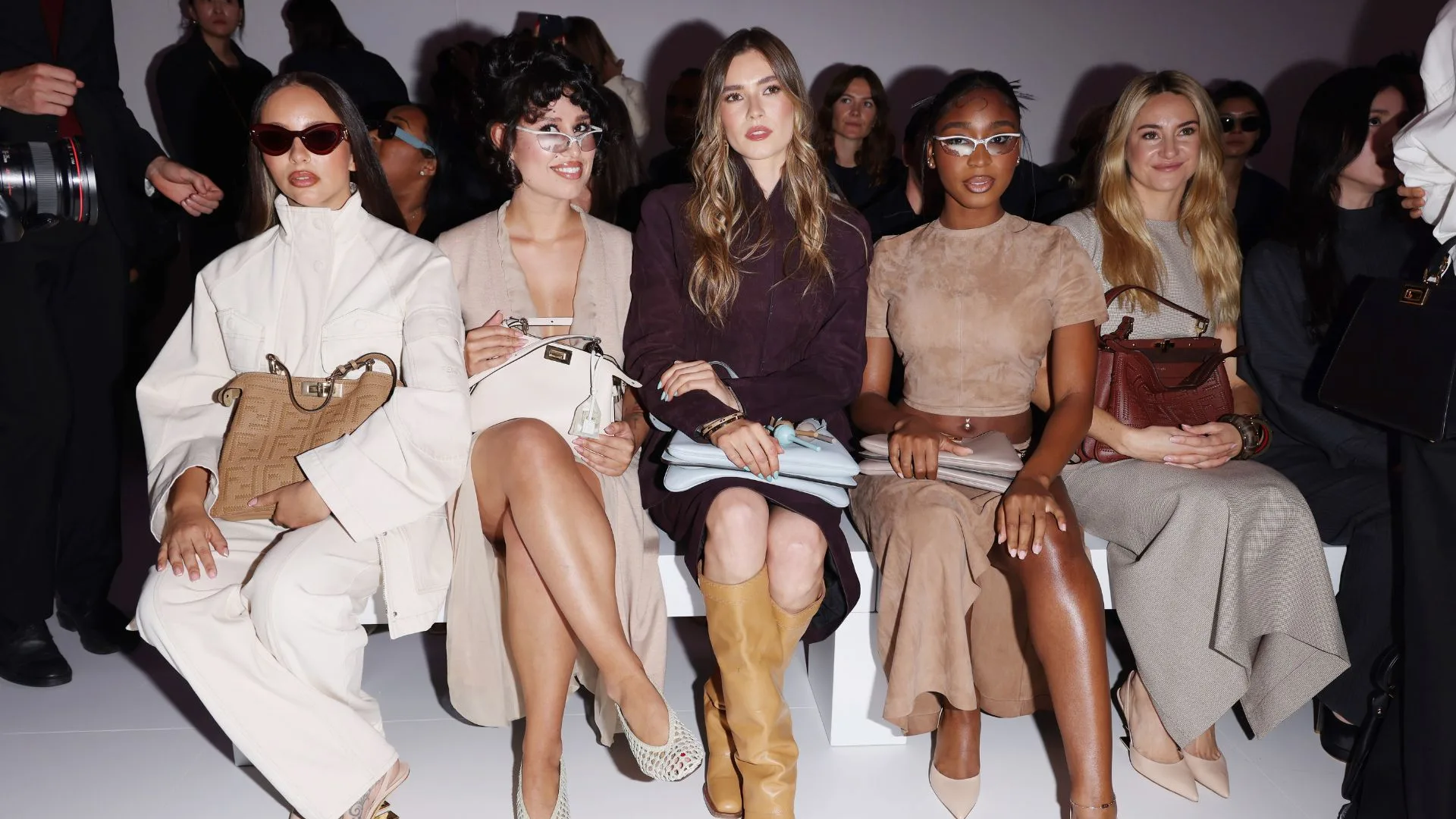
By Louise Burgers, Retailing Africa Editor. Do you remember the most-awarded advert of 2016? It was a brilliant ad for Lockheed Martin by McCann New York, called Field trip to Mars, which featured cutting edge VR technology and took school children on an immersive experience from Mars within their school bus. It was revolutionary tech at the time and that yellow school bus toured America, ending up as an interactive exhibit at the Smithsonian museum.
So, have you upgraded to the latest version of your Google VR goggles? Obviously not, because they no longer exist. Google finally exited VR consumer applications in 2021, due to low uptake from the public. What was once a much-touted version of the future stalled, and VR tech has slowly been integrating into the fabric of gaming worlds, some retail and advertising experiences, and of course experimentation in the ‘Metaverse’. The future rests in what the tech experts are calling ‘extended reality’ (XR) – which brings VR, augmented reality (AR) and mixed reality (MR) together, according to Forbes (2020); and will be one of the most transformative tech trends in the years to come. But we are not there yet.
On our trend radar
While the ‘Metaverse’ is the word of the moment and exciting, the virtual world is still somewhat far off from replacing our current reality. We need to worry more about our planet right now and our real-life consumers in our bricks and mortar stores, than their avatars in the multiverse. Make no mistake, I’m excited about the metaverse and the opportunities for brands; and in awe at how Generation Z and Generation Alpha (our tweens) exist seamlessly in the real world and these virtual multiverses in multiplayer worlds like Fortnite (over 80 million current players) and Roblox, (50 million young players). These are our future consumers and by 2030 thereabouts, when Gen Alpha start leaving school and studying and working, much of their future engagement with brands, including shopping, will be in various iterations of the metaverse.
So, put it on your radar and have fun learning about it. But I’m far more worried about our current consumers and their mindset coming out of the pandemic. People are super stressed, in debt, and barely making ends meet as grocery prices rise, interest rates creep up, the cost of petrol continues to impact everyone and every business. Recent research from DebtBusters (Retailing Africa, 2022), NielsenIQ, and even key unionists, about how ordinary consumers are being financially impoverished from every direction, especially with the cost of food, transport and debt, paints a dire scenario. SAFTU general secretary, Zwelinzima Vavi, says that South Africans defaulted on R55 billion worth of debt between January and March 2022 (Daily Maverick, 2022).
Retailers are doing the right thing – focusing on deals and value to try save consumers’ money. But brands also need to be mindful that the consumer of 2019 is not the consumer of 2022. The trauma of the past few years will have a lasting effect on consumer behaviour, as most recent research studies have shown. It is not just about price and product differentiation anymore. Harvard Business Review (2021) says consumer segmentation is more important than ever, as the consumer expects brands to understand how they are feeling; how their priorities have changed; and exactly what they need and want.
Five key strategies
Authentic connections; inclusion; action on climate change; and brand honesty are what consumers want brands to act on. These are the five key trends for 2022/23 that marketers need to include in their marketing communications strategy to meet their consumers’ needs:
1. Customer segmentation: Marketers need to truly know their customer segment and their personas to understand how they have been changed, and how their circumstances may have changed since the pandemic, reports Harvard Business Review (2021). “The COVID-19 crisis has reinforced what we already know: that brands must communicate in very local and precise terms, targeting specific consumers based on their circumstances and what is most relevant to them. That means truly understanding the situation on the ground, country by country, state by state, zip code by zip code. For some businesses, such as banks, restaurants, or retailers, it may even mean tailoring communications store by store.” Relationships with your customer don’t just matter – they are now everything, cautions HBR.
2. Inclusion: At the heart of building brand loyalty is storytelling and those stories need to change to reflect the diversity in our society. Wunderman Thompson released a new report (July 2022) on inclusion as a brand imperative, describing it thus: “A grassroots push from historically marginalised communities (who are increasingly willing to self-identify as such) is aligning with rising employee activism and consumer expectations.” In the global survey by Wunderman Thompson, 90% surveyed say equality is everyone’s business; and 75% said companies and brands must play a role in solving big societal challenges such as equality and social justice. And consumers will reward brands that deliver, with 66% of people agreeing that they are more inclined to buy from companies which speak out on issues of equality and inclusion; and 60% agreeing that brands which do not deliver on inclusion, will become irrelevant.
3. Brand values: A previous marketing truth according to the Harvard Business Review article, was that, “Your brand should stand behind great products”. The new truth for the post-pandemic consumer is, “Your brand should stand behind great values”. HBR writes, “The pandemic truly challenged brand loyalty. The EY Future Consumer Index found that up to 61% of consumers, depending on the category, became willing to consider a white label product, let alone switch name brands. That dynamic, coupled with growing consumer awareness and activism precipitated during the social unrest of 2020, should make brands very focused on the values they express.”
4. Sustainability: Consumers are changing their diets and lifestyles to protect the planet and are seeking out brands that mirror their attitudes and outlook, says research from UK research thinktank, FMCG Gurus (2022). “Consumers are modifying their diets to lead a healthier and more sustainable lifestyle, driving demand for brands and products that are deemed to be green and clean. Fortified plant meat is appealing to 52% of global consumers (Africa/ME 57%). In fact, 29% of global consumers plan to increase their intake of plant-based food because of COVID-19.”
5. Brand honesty: Consumers globally, are taking more of a proactive and preventative approach to health, and want honesty from brands when it comes to the correct and easy to understand labelling of ingredients on food packaging. Historically, consumers have not always had the most favourable perceptions towards packaging, especially plastic, FMCG Gurus found. However, increased emphasis on product safety is resulting in consumers re-evaluating the role of packaging, with greater emphasis being placed on ensuring that products have not been contaminated along the supply chain; and that ingredients are all listed on the packaging. Consumers are also becoming more interested in where raw materials are sourced – and that they are done so ethically and sustainably.
Main image credit: Pixabay.com.
Sources:
‘Fieldtrip to Mars’: https://youtu.be/FIS_JkNnCeI
Pandemic marketing: https://hbr.org/2021/03/10-truths-about-marketing-after-the-pandemic
Debt stats: https://retailingafrica.com/trends/trending-cash-strapped-consumers-are-stressed-fearful/; https://www.dailymaverick.co.za/article/2022-08-22-what-is-wednesdays-national-shutdown-all-about/
Inclusion: https://www.wundermanthompson.com/insight/inclusions-next-wave
Sustainability: https://retailingafrica.com/branding/on-shelf-branding/onshelf-top-fmcg-product-trends/; https://retailingafrica.com/trends/10things/10things-consumers-want-brands-to-focus-on-for-2022/.
*This article was first published in the Brands & Branding 2022 annual. The hardcover book is available to order and the ebook is free to download.

 Louise Burgers is the Publisher, Editor and Co-Founder of RetailingAfrica.com. She has spent over 20 years writing about the FMCG retailing, marketing, media and advertising industry in South Africa and on the African continent. She also lectures post-grad students in Marketing and Advertising Communications. Specialising in local and Africa consumer trends, Louise is a passionate Afro-optimist who believes it is Africa’s time to rise again and that the Africa Continental Free Trade Agreement (AfCFTA) will be a global gamechanger this decade.
Louise Burgers is the Publisher, Editor and Co-Founder of RetailingAfrica.com. She has spent over 20 years writing about the FMCG retailing, marketing, media and advertising industry in South Africa and on the African continent. She also lectures post-grad students in Marketing and Advertising Communications. Specialising in local and Africa consumer trends, Louise is a passionate Afro-optimist who believes it is Africa’s time to rise again and that the Africa Continental Free Trade Agreement (AfCFTA) will be a global gamechanger this decade.
– Receive the Retailing Africa newsletter every week • Subscribe here.






